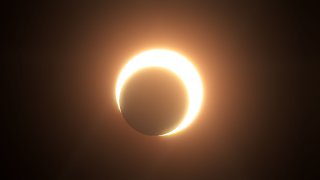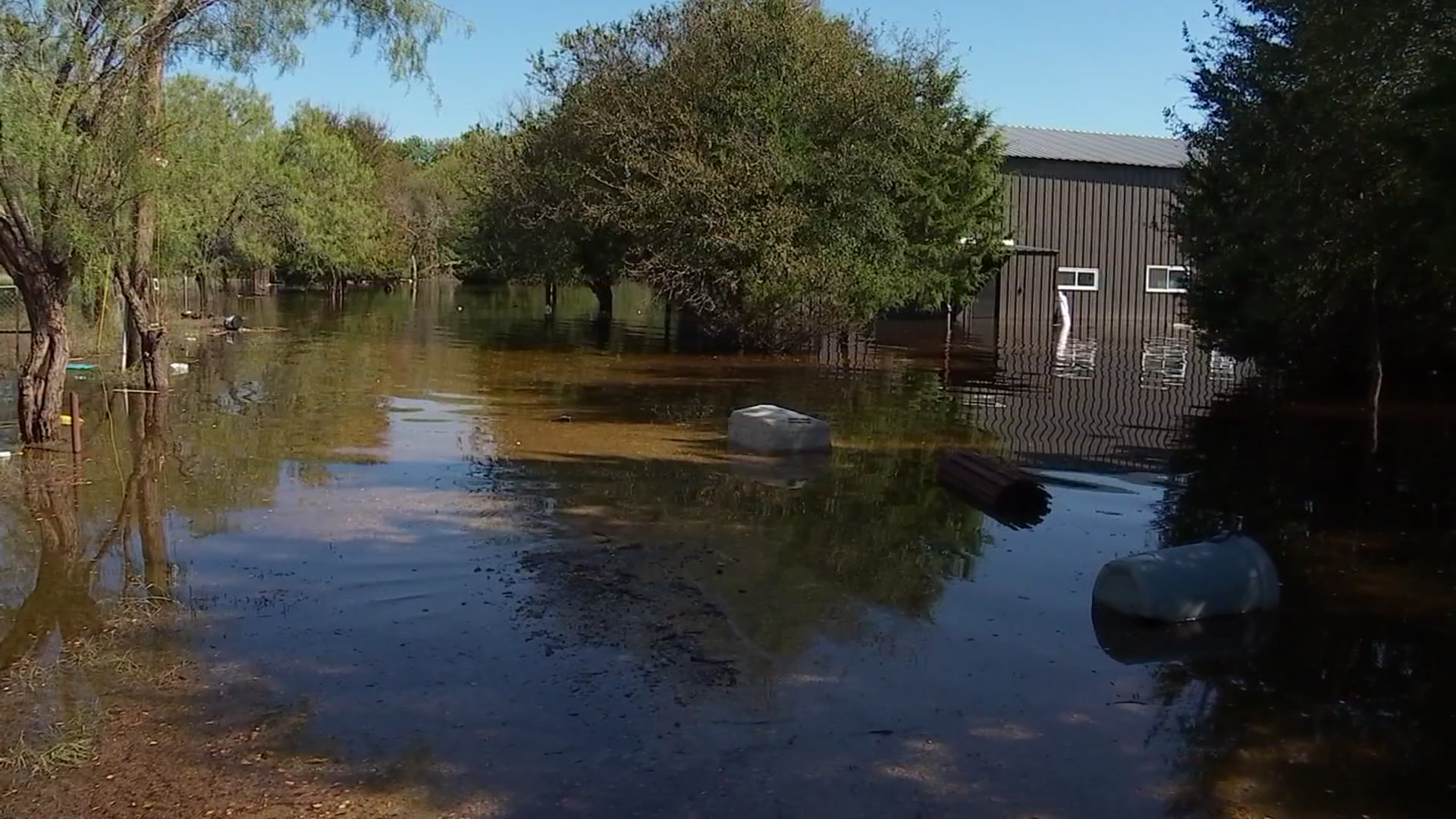
A total solar eclipse is coming up on April 8, 2024, and the Fort Worth Botanic Garden and the Fort Worth Museum of Science and History are partnering to offer eclipse viewing areas and exciting educational activities for guests.
Both the garden and the museum will have free activity stations outside. If visitors would like to participate in extra activities, they can purchase general admission tickets at either location.
Those who would prefer to watch the eclipse from inside the garden can congregate at the spacious north and south vistas, which provide clear views of the sky.
There will also be eclipse viewing on the front lawn of the museum. It is permitted to bring folding chairs and blankets.
Get DFW local news, weather forecasts and entertainment stories to your inbox. Sign up for NBC DFW newsletters.
Visitors may bring solar eclipse glasses or buy them for $3 at either location to view the eclipse. During the events, both locations encourage attendees to abide by NASA Eclipse Safety regulations.
“The garden is thrilled to provide a backdrop for this monumental experience. The Botanical Research Institute of Texas (BRIT), the research and conservation branch of the garden, will also carry out key research into how solar eclipses affect plants and wildlife,” President and CEO of the Fort Worth Botanic Garden, Patrick Newman said.
Sun Song Bingo, Shadow Tracing, Community Science with Members of FWBG's Research Team, and Pinhole Viewer Construction are a few of the garden's activities.
Local
The latest news from around North Texas.
For visitors who are blind or visually impaired, Lighthouse for the Blind of Fort Worth will also be offering special activities in the garden.
Before and after the moment of totality, the U.S. Navy Band Brass Quintet will perform at the museum, and personnel from the Noble Planetarium will be sharing information about the eclipse.
A solar eclipse occurs when the moon crosses directly between the Earth and the sun, blocking some or all of the sun’s light.
Solar eclipses happen on Earth two to five times a year, so if total solar eclipses are not so rare, why has Fort Worth not seen one since July 29, 1878? This is because total solar eclipses only happen once every 360–410 years in a specific location.
Beginning at 1:41 p.m., Fort Worth will be in the path of totality—the part of the eclipse where the moon completely obscures the sun, resulting in complete darkness—for two and a half minutes.
"The Fort Worth Museum of Science and History is thrilled to invite the community to witness the awe-inspiring beauty of a total solar eclipse. Nature's grandeur is on full display, and we are honored to be part of this rare cosmic event," museum President, Regina Faden, Ph.D. said.
For more information visit Eclipse in the Garden - Fort Worth Botanic Garden (fwbg.org) and Solar Eclipse - Fort Worth Museum of Science and History (fwmuseum.org).



